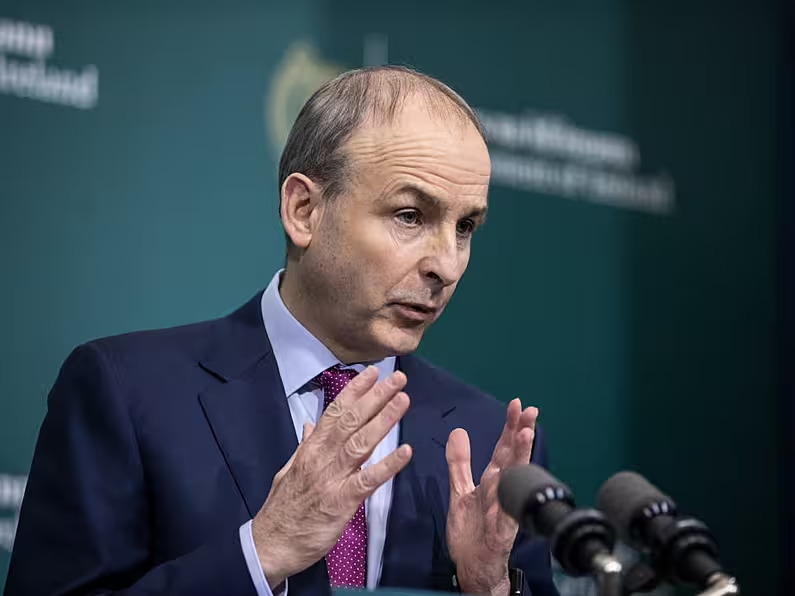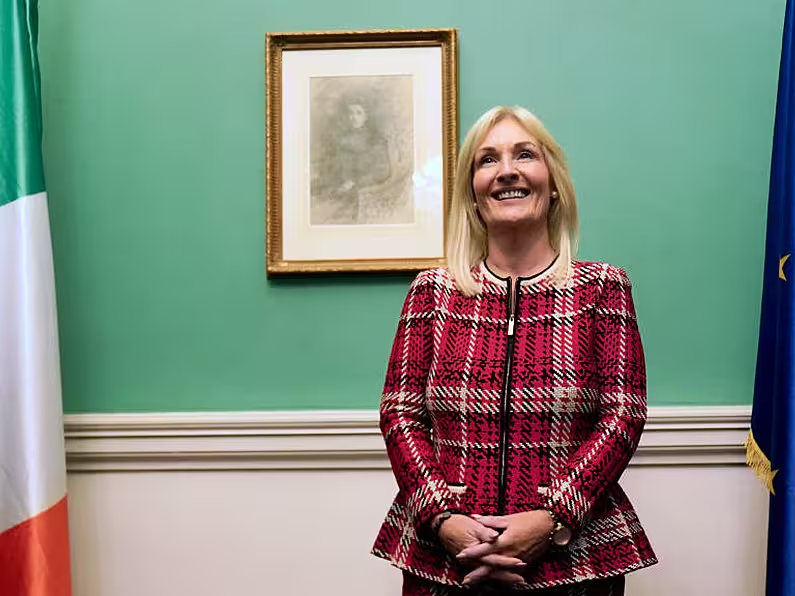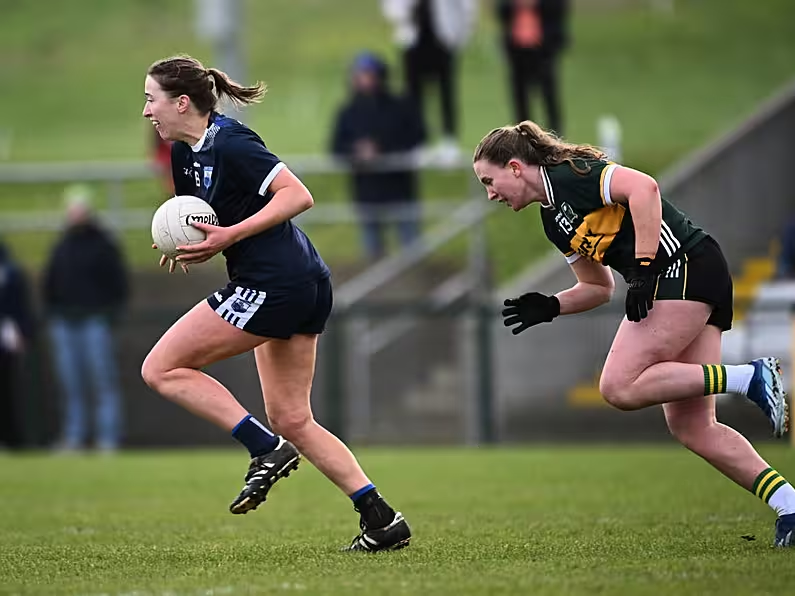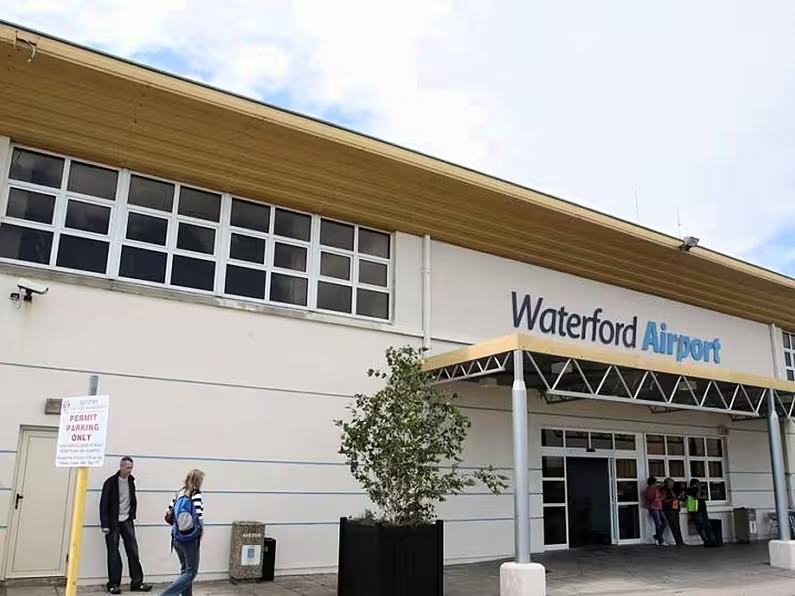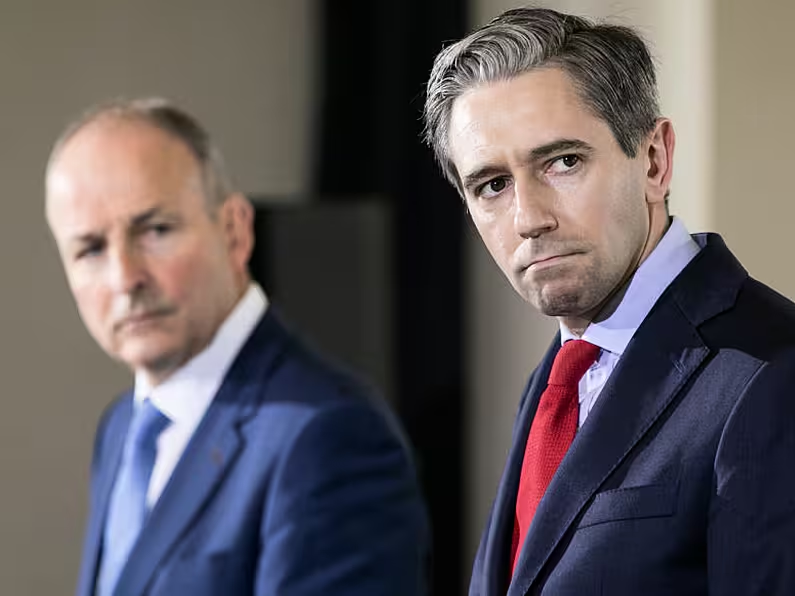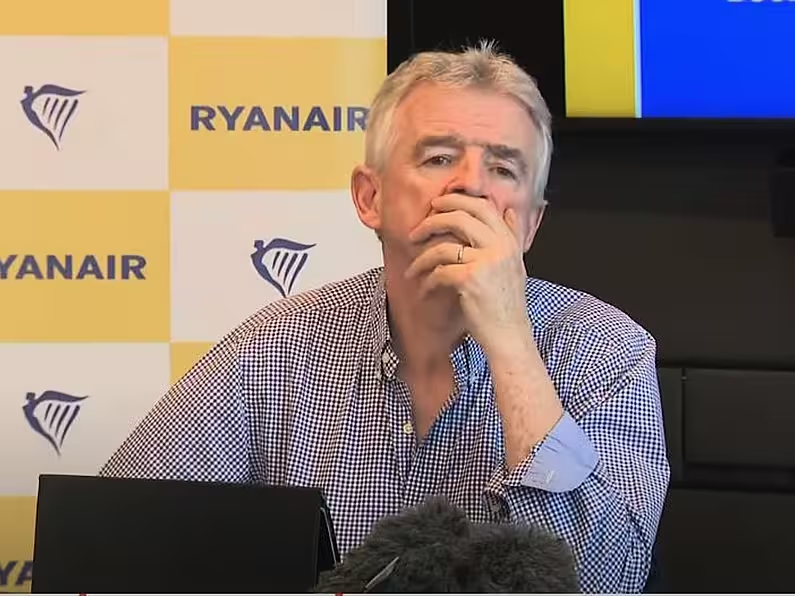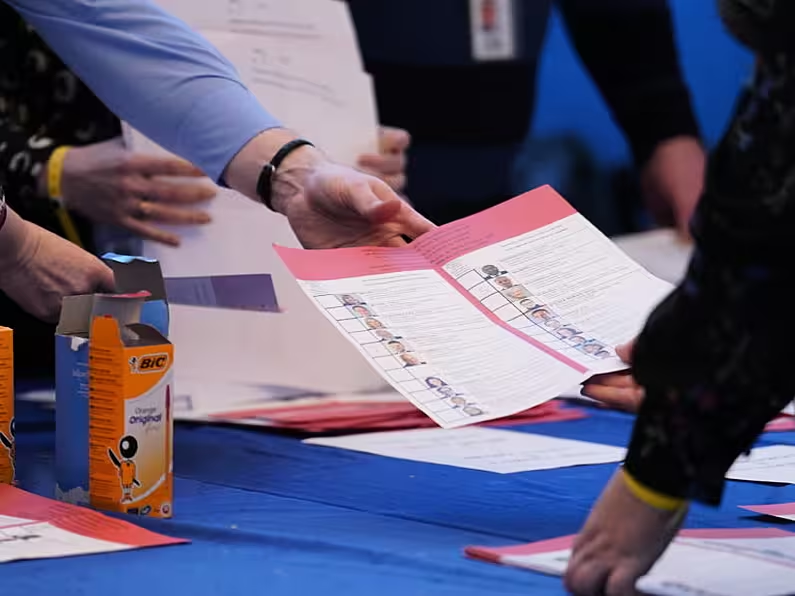Press Association
With additional reporting from Vivienne Clarke
Taoiseach Micheál Martin said any move by the British Government to ban Troubles-era prosecutions would be a “breach of trust”.
Mr Martin told reporters: “The Irish Government is very clear. It has an agreement in place with the British Government and with the parties of Northern Ireland and with many victims’ organisations. That is the Stormont House agreement of 2014.
“Any unilateral move from that would be a breach of trust, as far as we are concerned.
“For us the victims are the priority and the victims will remain the priority.”
“Deeply alarmed.”
The Government is “deeply alarmed” by reports that the British Government may prevent future prosecutions over Troubles crimes, the Tánaiste said.
Leo Varadkar told the Dáil that the Government would not support any such decision because victims and families have a right to justice.
Speaking in the Dáil he said: “The Government and myself personally were deeply alarmed by reports that we read about the possibility that the British Government may consider providing an amnesty, or putting in place a statute of limitations, in relation to offences that occurred during the Troubles in Northern Ireland.
“This would fly in the face of the Stormont House agreement, would fly in the face of the New Decade New Approach agreement, and anything like this would have to have the agreement of the parties in Northern Ireland.
“It is something that we will not support as a government because we stand with the victims and families who’ve been bereaved and damaged as a consequence of these actions.
Right to justice
“They have a right to know what happened, and they have a right to justice. Whether the murderers were British soldiers or republicans or loyalists, they should be brought to justice.”
Sinn Féin leader Mary Lou McDonald has claimed that her party has not at any stage called for amnesty for anyone.
Speaking on RTÉ radio’s News at One, Ms McDonald called on the Irish Government to use all available diplomatic channels across Europe and internationally but particularly in the United States, to exert maximum pressure on the British State “to come in line, to cease their unilateral action, but not just that, but to actually get back to Stormont House, get back to what we agreed, to demonstrate some level of respect and some level of humility for the absolute nightmare that they have caused and sustained for countless families”.
Ms McDonald denied that any stage had her party argued for an amnesty “for anyone.”
“The British action now has nothing to do with Republican prisoners and has everything to do with British soldiers.
“What the British here are proposing is not to give any level of comfort to members of the IRA or any group, this is about their boys, it's about their soldiers. Bear in mind thousands of IRA volunteers spent hundreds of thousands cumulatively of years in prison, indeed young nationalists and Republicans didn't have to have committed any offence to be rounded up and interned without trial.”
Peace Agreement
Ms McDonald acknowledged that so-called ‘Letters of Comfort’ had been issued to IRA prisoners. This was under the Peace Agreement and was for prisoners who were in prison serving sentences, she explained.
GoThe issue of how to deal with the past was “a long running sore”. The Stormont Agreement was an internationally binding agreement, she said and the Irish Government now had to be forceful in its engagement with the British government.
“The British State has consistently acted in this way and it's time to draw a line under it.”



